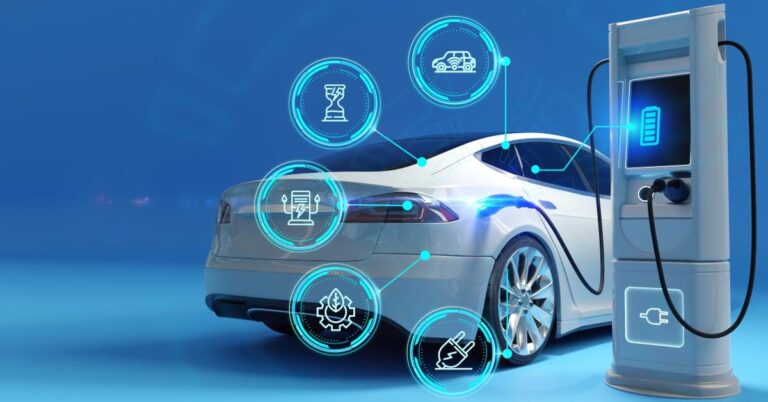🔶 Introduction
Electric cars (EVs) have been the talk of the town in India for the past few years. But even after all the hype, their market share has remained relatively small. However, 2025 is shaping up to be a turning point — a year that could finally push EVs into the mainstream.
Thanks to new policies, technological breakthroughs, and changing consumer mindsets, India might see electric cars surge in popularity like never before. In this blog, let’s break down why 2025 could become the “breakthrough year” for EVs in India.
🔹 Stronger Government Push and Incentives
One of the biggest hurdles for EV adoption in India has been the high initial cost. To solve this, the Indian government has rolled out schemes like FAME II (Faster Adoption and Manufacturing of Hybrid & Electric Vehicles).
Under this scheme, buyers get significant subsidies, which reduce the upfront price by lakhs of rupees. In addition, several states offer extra benefits such as road tax exemptions and registration fee waivers.
In 2025, more states are expected to join this push, making EV ownership more affordable than ever.
🔹 Rapid Expansion of Charging Infrastructure
A common concern among potential EV buyers is: Where will I charge my car? In 2025, India is witnessing a rapid expansion of public and private charging networks.
Major oil companies like IOCL and BPCL are setting up fast-charging stations along highways and in cities. Private players like Tata Power, Ather Energy, and ChargeZone are also scaling up aggressively.
Additionally, new residential and commercial buildings are now required to include EV charging points, making it more convenient for urban car owners.
🔹 Affordable and Advanced Battery Technology
Battery cost is a major factor affecting EV prices. But now, thanks to advances in lithium-ion and solid-state battery technology, the cost per kWh has dropped significantly.
In 2025, Indian EVs are expected to offer better range (over 400–500 km on a single charge), faster charging times, and longer battery life.
Some new models are also introducing battery swapping options, especially in the two-wheeler and fleet segments, making EVs even more practical for daily use.
🔹 Entry of More Affordable Models
Earlier, EVs like the MG ZS EV and Hyundai Kona were too expensive for most Indians. But now, companies like Tata, Mahindra, and even Maruti Suzuki are introducing EVs in the ₹10–15 lakh range.
Tata’s Tiago EV and Punch EV have already received massive pre-bookings. Mahindra’s XUV400 is another strong contender in this price-sensitive market.
As more affordable options enter the market, EVs will no longer be a niche luxury but a practical choice for the average Indian family.
🔹 Growing Environmental Awareness
Today’s car buyers, especially younger generations, are more environmentally conscious. Concerns about air pollution and climate change are pushing people to consider greener options.
Many cities in India now have severe air quality problems, and switching to an EV is one effective way individuals can contribute to cleaner air. This growing sense of responsibility is expected to accelerate EV adoption in 2025.
🔹 Corporate and Fleet Adoption
Companies like Amazon, Flipkart, and Zomato have announced plans to transition their delivery fleets to electric vehicles. This move has a dual benefit — it not only reduces operational costs but also sets a positive example for consumers.
Fleet adoption creates higher demand for EVs, pushes manufacturers to scale faster, and ultimately makes technology more affordable for individual buyers too.
🔹 Challenges That Remain
While the future looks bright, some challenges remain. Range anxiety, initial costs, and limited service centers are still concerns. But as infrastructure and technology continue to improve, these barriers are becoming smaller every year.
🔹 Conclusion
2025 truly has the potential to be a game-changing year for electric cars in India. With stronger government support, rapid charging infrastructure growth, affordable models, and rising environmental awareness, the pieces are finally coming together.
If you’ve been thinking about switching to an EV, now is the time to keep a close eye on upcoming launches and incentives. The electric revolution in India is no longer a distant dream — it’s happening right now.



